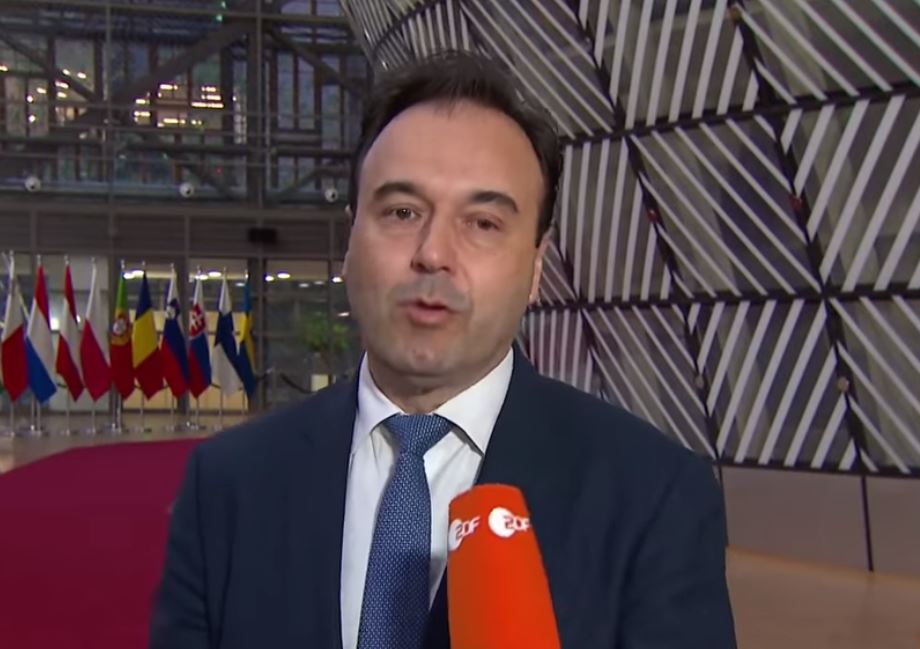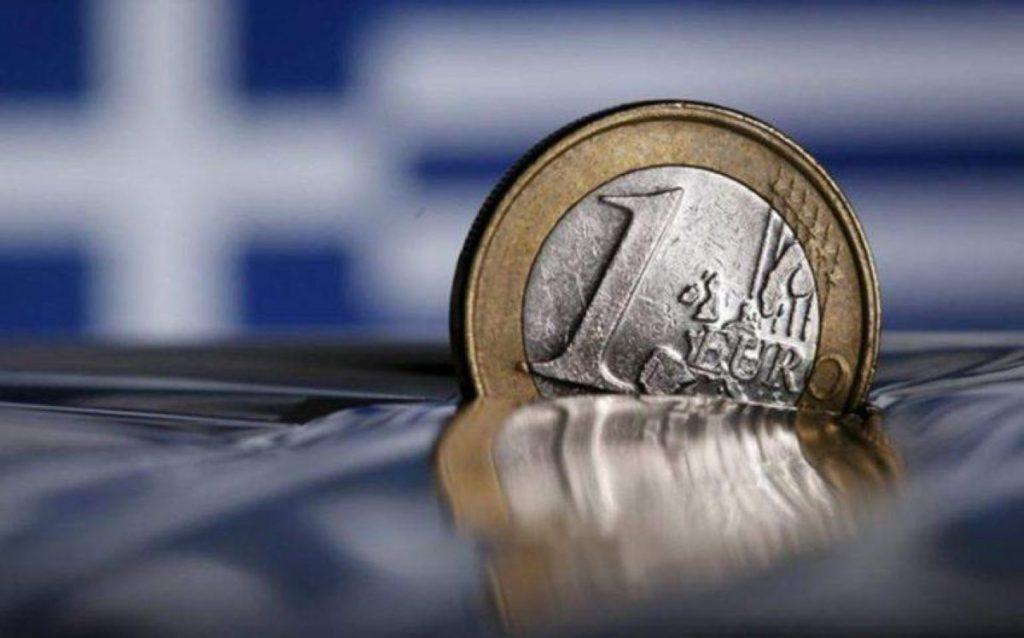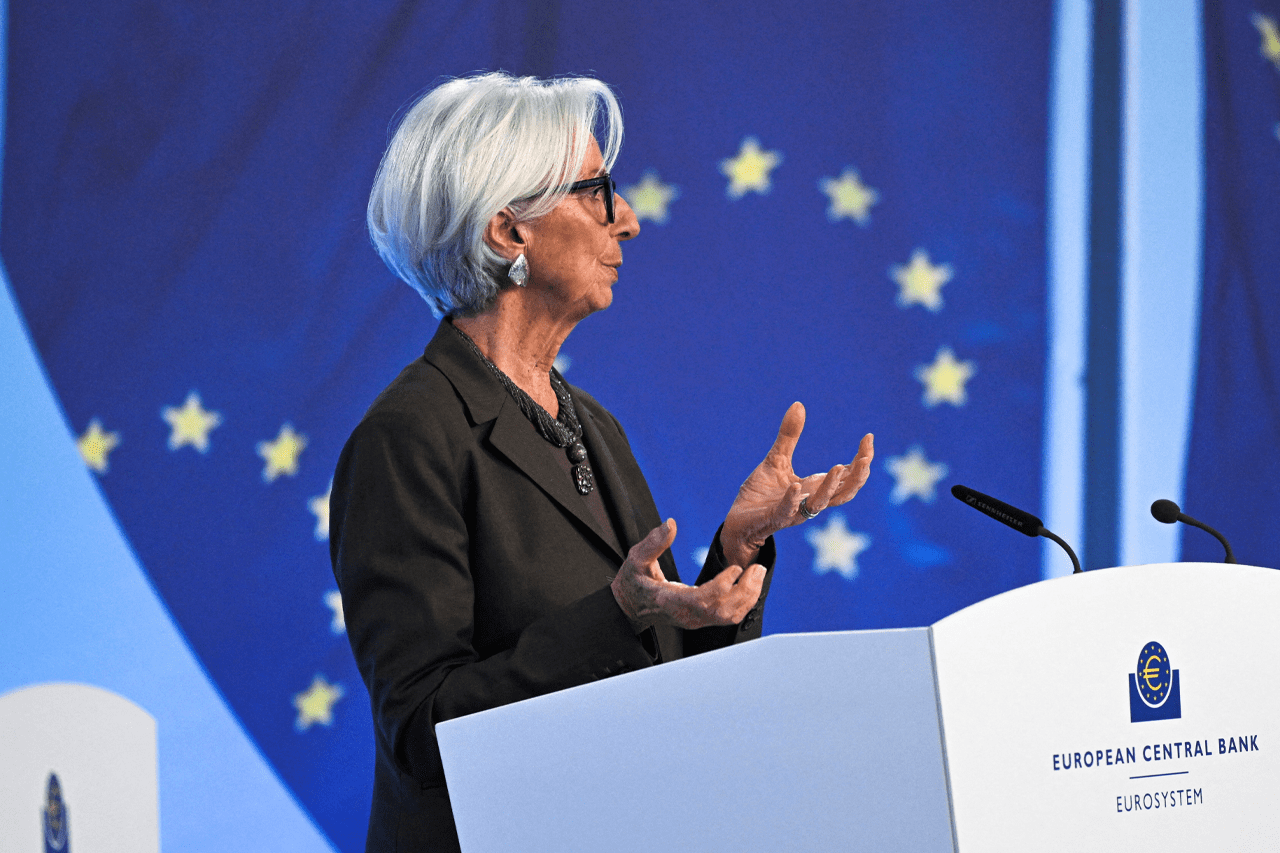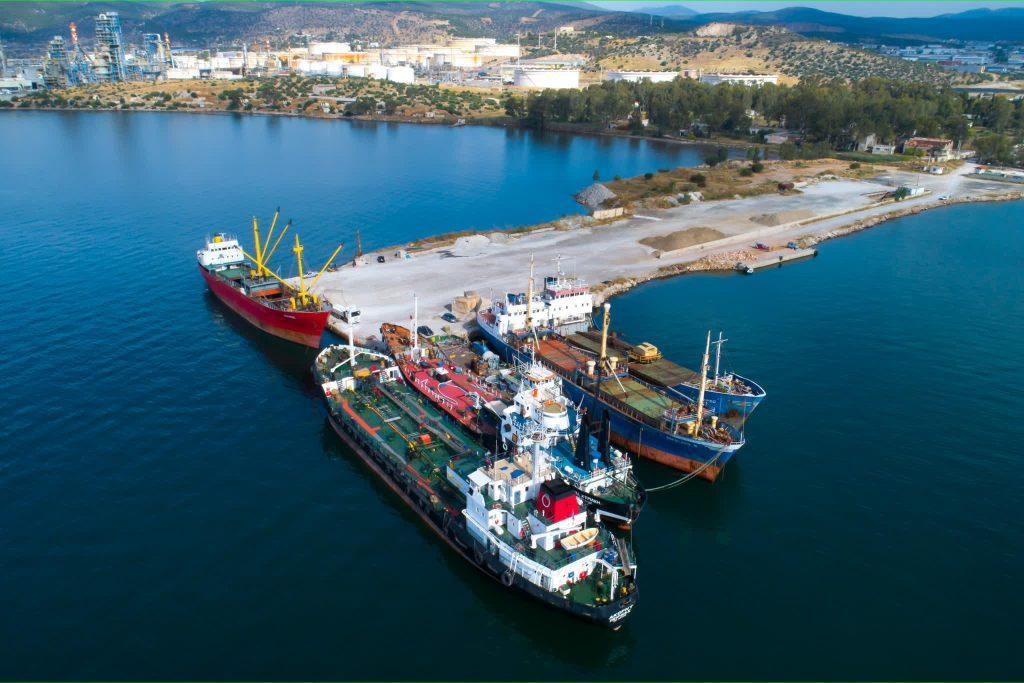Discussions in Europe have begun on the change of the fiscal rules concerning the budget deficit and debt.
It was recently mentioned by a scientific article published by the ESM that the budget deficit limit is proposed to be set at 3% and the debt limit at 100% of GDP.
This means that an average growth rate of around 1.5% over the next decade and a desired inflation of around 2% would lead, with all the other conditions being stable (mainly controlled interest rates to around 1%), to a systematic decline in debt-to-GDP ratio we seek.
Two points are worth noting: The first concerns the 100% of GDP threshold. A lot of scientific ink has been poured since 2010 on this “scientific-ideological” limit (Reinhard and Rogoff) on which the whole structure of the budget constraints of the 2008 crisis was based. They finally agreed that there is no scientific basis for this. Debt sustainability (time, cost) is more important.
As for the 3% deficit limit, it does not refer to primary budget surpluses but to the overall deficit in relation to GDP.
In Greece, the primary deficit as a percentage of GDP was positive, from 3.5% to 4.2%, from 2016 to 2019, but at a huge social cost. During the same period, the total deficit ranged from 0.3% to 1%.
Primary deficits jump to -6.9%, in 2020, and -6.6%, in 2021, with corresponding deficits (Government Balance Maastricht Definition) to -9.8% and -9.6%.
It is estimated (Oxford Economics, National and Kapodistrian University of Athens) that, in 2022, the primary deficit will be around -3% and the total at -3.3%.
But, until 2030, the primary surpluses will move positively around 1.6%, while the overall deficit will remain negative but close to -1.2%. In conclusion, a limit of -3% in the budget deficit does not seem to have an active restrictive effect on the growth rate.
On the contrary, it contributes to the acceleration of it, if there are similar arrangements, such as e.g. to remove green and primary investment from the primary deficit. This should also be our priority!
Panagiotis Petrakis is professor at the National and Kapodistrian University of Athens

















![Στεγαστική κρίση: Γονατίζει ένα στα τρία νοικοκυριά [πίνακας]](https://www.ot.gr/wp-content/uploads/2026/02/akinita26-4.jpg)



















